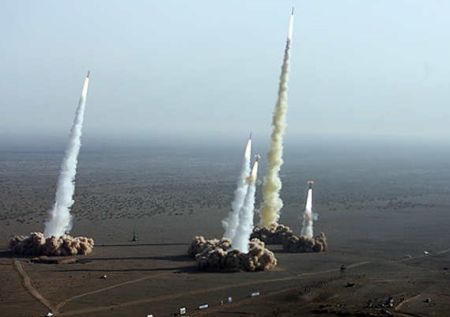While management involves planning and budgeting, leadership involves setting a direction.
--BY SUJIT MUNDUL
A debate has been persisting, if leadership is different from management. It is indeed different but not for the reasons most people think. John P Kotter had elaborated this debate in his leadership articles.
Kotter feels that leadership isn’t mystical; it has nothing to do with having “charisma” or any special personality traits. Leadership is not necessarily better than management or a replacement for it. I strongly feel that management and leadership are two distinct and complimentary systems of action. They have their own functions and characteristic activities. It goes without saying that both are of critical importance for success in the evolving business and socio-economic conditions prevailing in the global context.
John Kotter is of the opinion that most US companies today are over-managed and under led. Perhaps they need to enhance their capacity to develop leadership. Successful corporations, usually, do not wait for leaders to come along. They encourage their people with leadership potential and expose them to a variety of experiences in their career journey.
However, while improving their ability to lead, corporates would be required to remember that strong leadership with weak management is not good; sometimes, it is actually worse than the reverse. I feel that the real challenge lies in the ability to successfully combine strong leadership with strong management and make an effective use of them in a balanced way.
Now let us look at the difference between management and leadership in a slightly more detailed way. Management is about coping with complexity- it brings order and predictability in a given situation. But in today’s context, there is no long pause, hence good management alone is not good enough for success. To succeed, corporates must be able to adapt to change.
Leadership is about learning as to how to cope with rapid change. It has become so important of late due mainly to the fact that the business world has become more competitive and volatile. The whole game has become more complex caused by the technological change, deregulation of markets, higher international competition, unstable crude oil prices, changing demographics of the work-force etc. To clarify the distinction, John Kotter referred to a good analogy. During peace time any army could easily survive with good management and administration up and down the chain, coupled with the good leadership at the top. At war time the army, would however, need competent leadership at all levels.
While management involves planning and budgeting, leadership involves setting a direction. Management involves organising and staffing but leadership deals with aligning people. Management provides control and solves problems, while leadership provides motivation. There are many examples to support the foregoing distinctions. In mature industries, increased competition both in the domestic and international markets, usually slows down growth. But in American Express, Lou Gerstner managed to buck this trend successfully by crafting a vision of a dynamic enterprise.
The new direction he did set wasn’t a more attention grabbing scheme– it was the result of asking fundamental questions about the market and competitive forces. A classic example of a great leadership motivating the management to adopt the changed direction and to implement it successfully.
The writer is a Member in the Board of Directors of Standard Chartered Bank Nepal Ltd.






















